Fishery Improvement
Projects
A Fishery Improvement Project is a multi-stakeholder initiative that aims to help fisheries work towards sustainability.
Fishery Improvement Projects within Project UK
Project UK includes 12 fisheries, through eight FIPs. These fisheries were selected by the supply chain because they bring commercial, economic, and cultural benefits to UK communities. As part of Project UK, these FIPs address 61 individual actions.
These actions address multiple milestones across a five-year period, representing best practice in working towards an environmentally sustainable future.
Catch up on the FIPs progress via our Annual Reports

Project UK’s FIPs are divided into rounds, based on the year that they were launched.
Round 1 (2017 - 2024)
The first round of FIPs to participate in Project UK (Channel scallop, monkfish, plaice & lemon sole, and crab & lobster) were launched in 2017.
So far, these fisheries have made demonstrable progress against their Action Plans, focusing on developing and documenting robust stock management and mitigating environmental impacts.
In 2022, the funders and Steering Group members reviewed the impacts of Brexit and the global pandemic on the progress of the FIP actions. They agreed to a timebound extension of these FIPs to ensure that all identified actions impacted by these unforeseen events have the time and attention required to complete them. Updated action plans can be found on each FIP page, and more information on the extension can be found here.
Round 2 (2019 - 2024)
Following the success of Round 1, the UK scallop and Nephrops FIPs were launched in 2019.
Each includes three fishery areas around the UK (North Sea, West of Scotland, and Irish Sea), and so operate on a larger scale than Round 1 FIPs.

All Project UK FIPs have Action Plans that are based around the requirements of the MSC Fishery Standard.
Steering Group members provide information and expertise and are essential to defining and delivering each Action Plan – which outlines a series of steps for fishery improvements.
Actions are all listed and updated on fisheryprogress.org, ensuring that the work is transparent and that Steering Groups are held accountable for maintaining progress.
All documents, including pre-assessments, Action Plans, minutes and annual reviews, are available to view on the individual FIP pages on this website.
Pathway to Project UK
The FIPs run for a pre-determined timeline set by the Steering Group, based on the draft Action Plan and benchmarking and tracking tool, generally up to a maximum of five years. This timeline begins with a formal agreement of the Action Plan by the relevant Steering Group.






MSC Fisheries Standard
The MSC Fisheries Standard is used to assess whether a fishery is well-managed and sustainable. Fisheries are assessed by accredited independent certifiers called Conformity Assessment Bodies (CABs). The MSC Fisheries Standard has three core principles that every fishery must meet.
Principle 1
Sustainable Fish
Stocks
Fishing must be at a level that ensures it can continue indefinitely and the fish population can remain productive and healthy.
Principle 2
Minimising Environmental Impact
Fishing activity must be managed carefully so that other species and habitats within the ecosystem remain healthy.
Principle 3
Effective Fisheries Management
MSC certified fisheries must comply with relevant laws and be able to adapt to changing environmental circumstances.
There are 28 performance indicators that sit under the three principles of the MSC Fisheries Standard.
A fishery is assigned a score for each performance indicator, where 60 is the minimum acceptable performance, 80 is global best practice and 100 is state of the art performance.
The Project UK FIPs are aiming to meet SG80 at the end of their five-year timeline.
Photos by ©South Devon & Channel Fishermen (Images 1, 2 & 4) Macduff Shellfish (Image 3) and ©Nina Constable (Images 5 & 6)






